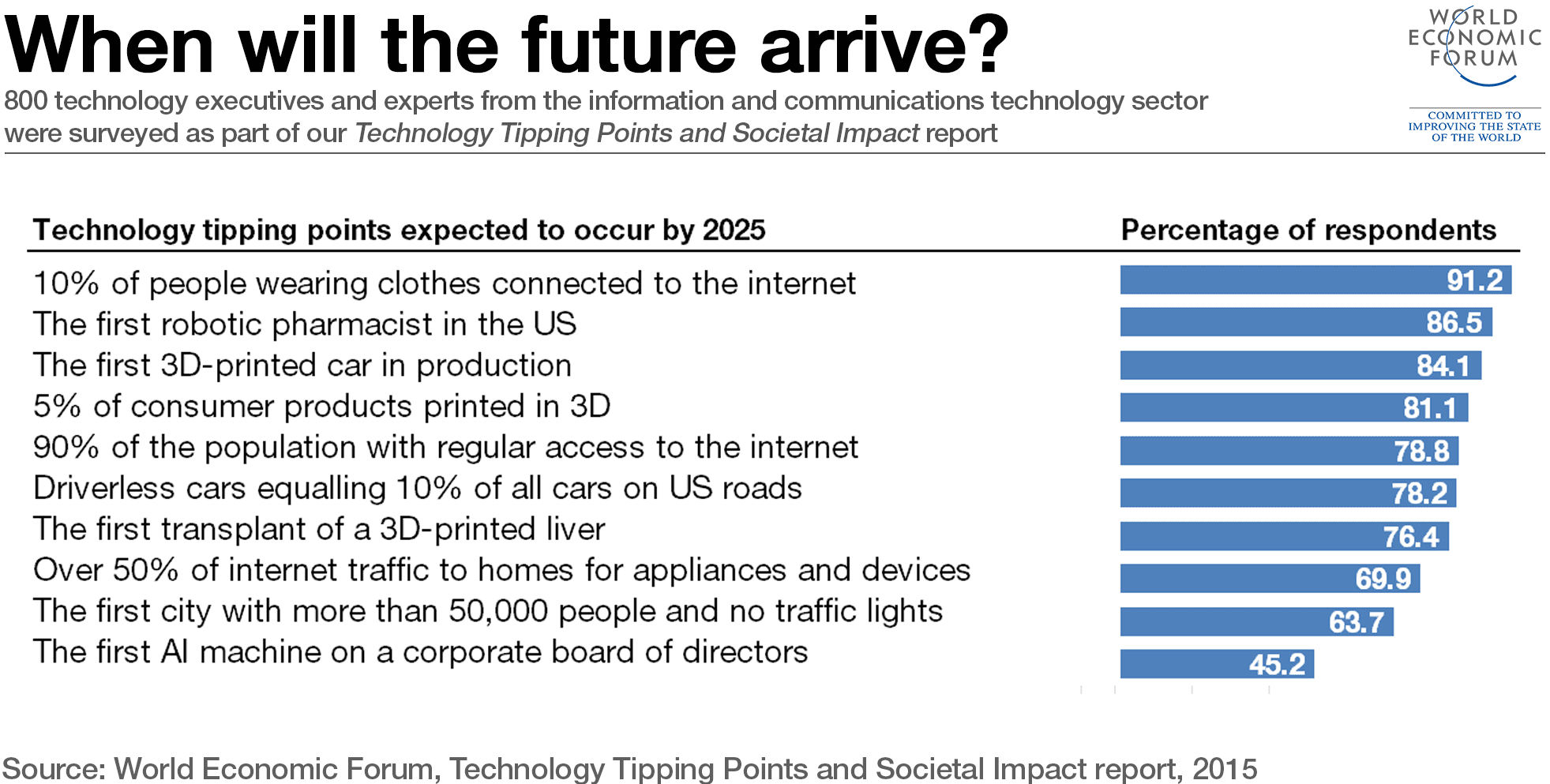Blockchain technology offers a decentralized and transparent system for storing and recording data. This system eliminates the need for intermediaries, lowering transaction costs while increasing security, traceability, and accountability. Industries ranging from healthcare to real estate can benefit from the capabilities of blockchain technology. It has revolutionized supply chain management, enhanced voting systems, and provided opportunities for startups to create innovative business models in finance and insurance sectors. Blockchain offers endless possibilities and has already started to transform the world as we know it.
1. Decentralization and Transparency
The blockchain technology brings about the elimination of a central authority to control everything. Instead, there’s a distributed database that stores all transactions and data known as blocks, where every participant in the network has a copy. This means that no one person can change or alter any data without the consensus of the majority of the network’s participants. This transparency ensures that the data remains accurate, tamper-proof and unbiased.
2. Increased Security
Blockchain technology provided the highest level of security for the data that is transmitted and stored in the network. A blockchain, by nature, is cryptographically secured, meaning that the data is written in a way that is resistant to
hackers trying to tamper with or steal user data. The data stored on the blockchain network is safe from cybercriminals, as a majority of nodes in the network must verify any data for it to be accepted.
3. Lower Transaction Costs
The low transaction costs of blockchain technology is a major breakthrough, especially for businesses. Intermediaries like banks and similar institutions charges transaction fees, which add up over time. With blockchain technology, there’s no need to rely on intermediaries to facilitate these transactions, as blockchain technology operates on a peer-to-peer network, making it more cost-effective.
4. Enhanced Traceability and Accountability
The blockchain technology can help trace products from origin to delivery. This makes it easier to identify the sources of any problems that may arise in the supply chain, such as a health hazard, and to fix the problem quickly. Blockchain also improves accountability since all transactions are transparently recorded and immutable, making it easy to track the flow of funds or goods between parties.
5. Simplified Payments and Money Remittance
Blockchain technology has simplified payments and money transfers around the globe. Transactions are faster and more secure thanks to cryptocurrencies such as Bitcoin, Litecoin, and Ethereum, among others that operate on the blockchain network. These payments processes are now faster, allowing remittance of funds to reach overseas beneficiaries quickly than traditional bank transfers, which could take weeks to arrive.
6. Improved Supply Chain Management
Blockchain’s decentralized and transparent nature have revolutionized supply chain management, from tracking goods to identifying their origin. By tracking the various stages of production and transport, all stakeholders in the supply chain can have a better idea of the time taken to move goods and materials, minimize losses, and reduce waste.
7. Enhanced Voting Systems
Blockchain technology has enhanced the voting systems by making them more secure and transparent. Party members can vote for their preferred leaders and have this information stored on the blockchain network. This ensures that the voting process is free of any manipulation or tampering, protecting the rights of citizens to fair and democratic elections.
8. Revolutionizing the Healthcare Sector
Blockchain technology has revolutionized the healthcare sector by making it easier to maintain and access patient records across different healthcare providers. Health records can securely and efficiently be stored on the blockchain and accessed by medical professionals, ultimately improving the quality of patient care.
9. Transforming the Real Estate Industry
The real estate industry is being transformed by blockchain technology through several applications such as land title management and the creation of smart contracts. Smart contracts minimize the need for intermediaries, reducing transaction costs, and making the purchase and sale process more efficient.
10. Creating Opportunities for Startups
Lastly, blockchain technology has created many opportunities for startups, especially in the financial and insurance sectors. The decentralized and secure nature of blockchain technology has opened up opportunities for new and innovative business models, which would never have been possible without blockchain.
In conclusion, blockchain technology is changing the world as we know it by providing a decentralized, secure, and transparent system for recording and storing information. It has created opportunities for businesses and startups, increased efficiency and cost-effectiveness in various industries, and revolutionized the way we conduct transactions.
